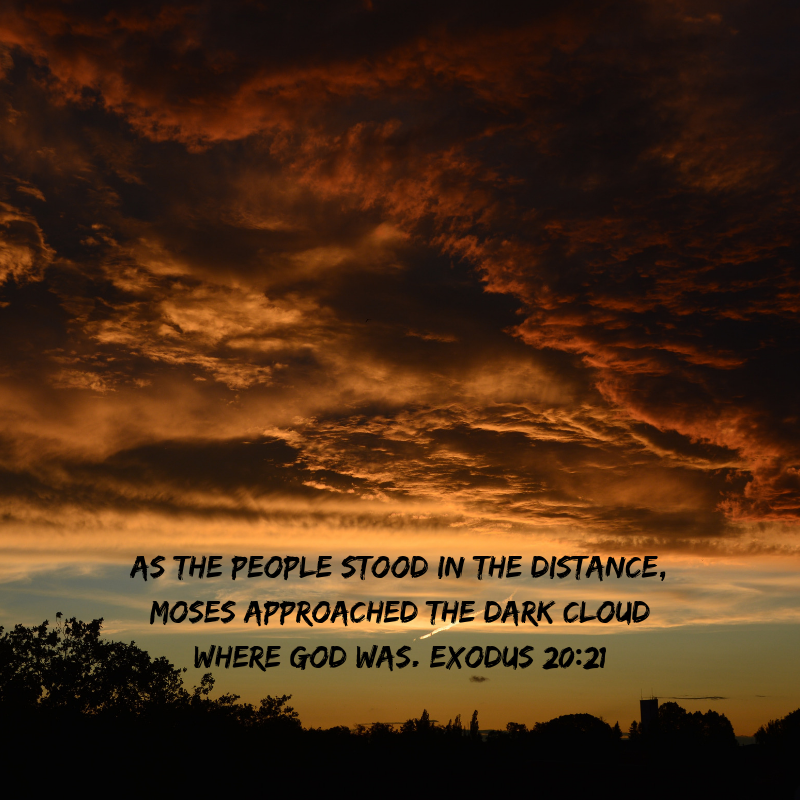2 Chronicles 13
One of the things in Christianity that I find so curious is the "witnessing education" that goes on from time to time in churches. You know what I’m talking about, don’t you? Those classes or workshops that purport to teach you about how to witness for Jesus. How to tell others about your faith. I’ve never understood the reason for these classes. Well, perhaps there’s a better way to phrase that. If, in the church, we are cultivating a real relationship with the living God, I’ve never understood the need for these classes.





















